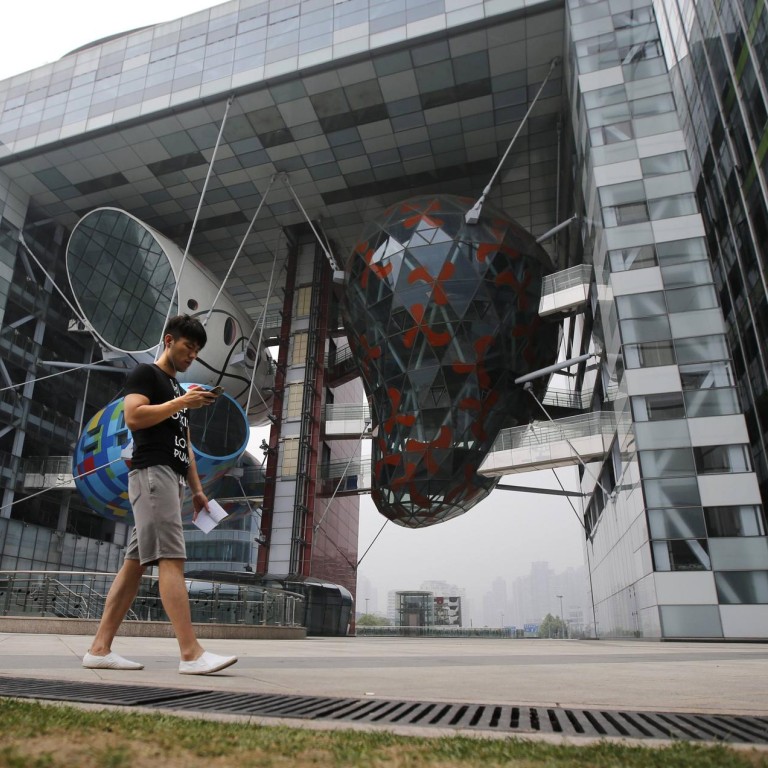
Developers go down market as China's anti-graft campaign bites
The developer behind an eight-storey clubhouse with a billion-dollar view over Shanghai's Huangpu River is turning to lower-end coffee shops and restaurants to fill the space, as a broad anti-graft campaign puts the brakes on conspicuous spending.
The developer behind an eight-storey clubhouse with a billion-dollar view over Shanghai's Huangpu River is turning to lower-end coffee shops and restaurants to fill the space, as a broad anti-graft campaign puts the brakes on conspicuous spending.
The state-of-the-art, steel and glass building was originally designed as a playground for China's elite, including space to mix and mingle with officials from state-owned enterprises based in offices nearby.
"Last year, we originally planned to open a clubhouse in the building, but it became too sensitive," said Vincent Zuo, a manager of research and development at Franshion Properties.
"We are now looking to open restaurants and coffee shops," said Zuo, adding that an art museum was another option for the arch-shaped building which sits in the middle of the company's 30 billion yuan (HK$37.2 billion) cruise terminal complex.
The decision to target middle-market consumers comes amid a crackdown on official corruption and extravagance that is forcing some high-end developers and hotel operators to change tactics to adapt to the new environment.
Shanghai Xintiandi, a commercial and residential complex owned by Hong Kong's Shui On Land which houses some of Shanghai's top restaurants, bars, shops and boutiques, has also adjusted its tenant mix.
"Our restaurants are now more targeted at white-collar workers" instead of elite big-spenders, said a manager in the complex.
Developers and owners of luxury residential property are also feeling the heat. "The Beijing market is particularly slow. There's a lot of supply because people are dumping their high-end property into the market because of anti-corruption," said a manager of a property company.
Industry watchers said owners of property priced around 40,000 to 50,000 yuan per square metre had already come under scrutiny.
In another cautious note, Soho China chairman Pan Shiyi said he expects the introduction of a property registration system next month to weigh on market supply.
The database, seen as a vital tool for the authorities to control a frothy housing market, will require local officials to report property purchases and could raise questions about how they funded them.
In Beijing's secondary home market, the number of units on sale in April doubled from January to 14,622 units, while average selling prices eased 2.4 per cent, according to data from property brokerage Midland.
Beijing-based real estate agent Pang Jianwei said he recently sold a 178 square metre apartment in the capital's central Haidian district for 12.2 million yuan, a 10 per cent discount from the asking price. He expects high-end home prices will continue to see pressure.
In Shanghai, a manager at a developer said sales of villas had been hurt as some investors were opting to go overseas.
"It's hard for an ordinary person to have many assets; one has to have power to generate money, and it's difficult for him to be totally clean," the manager said.
"These people have to protect themselves and their family so they'd rather invest overseas."

